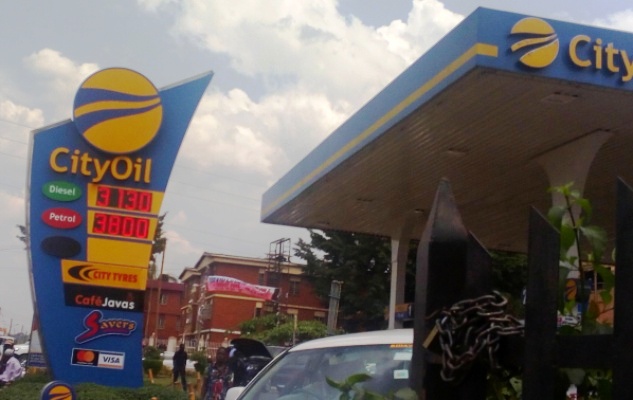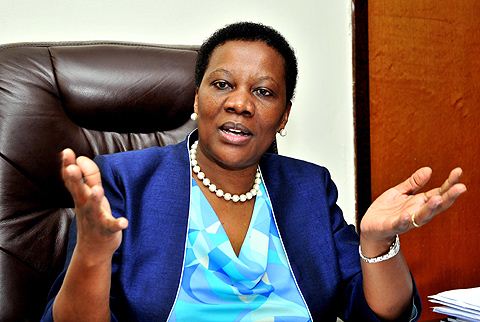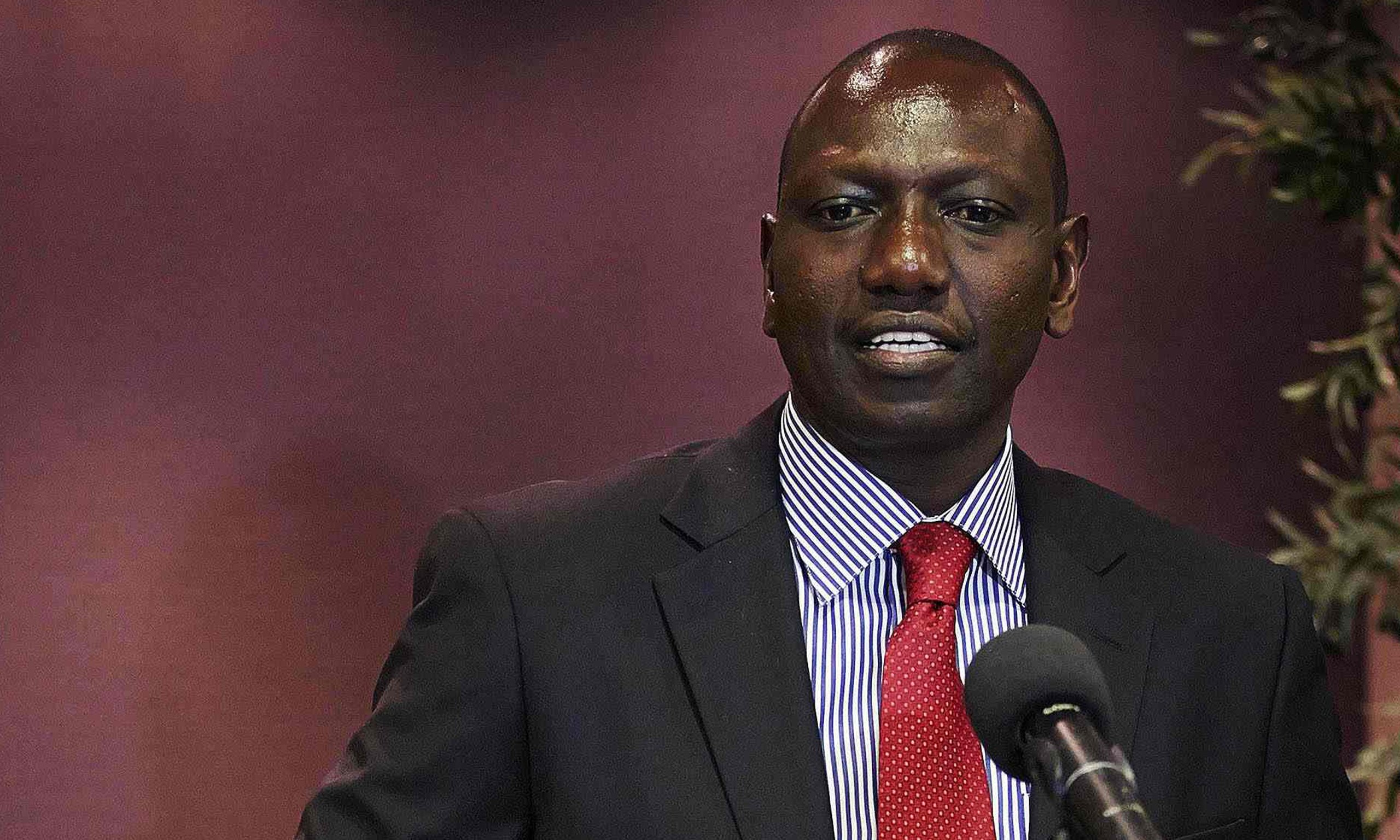Fuel pump prices have already hit the Shs4,000 mark in some parts of the country, a development that has seen many Ugandans ask why the sudden rise.
Against the above background, on 31st January, 2018, Mohammed Nsereko, the Kampala Central MP raised concern on the floor of Parliament over the increasing prices of diesel and petrol in the Country.
Consequently, the Ministry of Energy and Mineral Development was tasked to give a comprehensive statement on the increasing fuel prices.
And on Tuesday, Eng Irene Muloni, the Minister of Energy and Mineral Development issued a statement explaining why fuel prices are increasing in the country.
The Minister revealed that Uganda is a net importer of petroleum products in a liberalized downstream petroleum market and the prices in Uganda are purely determined by the forces of demand and supply.

“On the international scene, the monthly average crude oil prices per barrel started rising from US$52.02 in August to US$ 55.74 in September, US$ 57.50 in October to US$ 62.49 in November and US$ 62.89 in December 2017 to US$ 69.45 in January 2018,” Muloni said.
She added: “The rise in the crude oil prices was due to the huge storm in US that shut down many of the production sites and refineries in US Gulf coast. Then oil prices continued to increase in November and December 2017 as the Organization of Petroleum Exporting Countries (OPEC) countries agreed on extending production cuts further to June 2018, showing their willingness to balance supply and demand.”
According to Muloni, Uganda’s consumption of Petroleum Products has continued to grow at 7% per year and on a daily basis, the country consumes an average of 2.7 million litres for each product of Petrol and Diesel. Of these, 91% is imported through Mombasa port and 9% through Dares Salaam port.
“The strategies to keep the country well supplied, therefore, hinge on the effectiveness of the import routes and the in-country storage facilities. In this case, Mombasa and Dar es Salaam ports together with other terminals in Kenya are all being utilised by Oil Marketing Companies (OMCs) to import products into Uganda,” Muloni said, adding that being landlocked and a net importer of Refined Petroleum Products, pump prices are a function of the fixed logistical costs which include port handling fees, transit handling charges, storage fees, transportation, taxes, clearing and marking fees.
“The combination of the logistical costs together with the cost of the imported products which increased as a result of increased refinery premiums in the Open Tender System since September 2017 have resulted in the increased pump prices,” Muloni said, adding that the pump prices have increased in the region.
On the supply side, Muloni said “we have had stable import of Petroleum Products in the country irrespective of the current infrastructural developments in the Kenya Pipeline Company where the new Mombasa – Nairobi pipeline is undergoing wet testing. With the fair competition that has been built over the years in the liberalized downstream petroleum sub-sector and the measures put in place to ensure a steady supply of petroleum products, the pump prices will continue to respond to the forces of demand and supply in a free market economy.”
“In conclusion, the interplay of the rise in crude prices and refinery premiums (since we import refined products only) are major causes of the rise in pump prices since the rest of the parameters like taxes, transport and handling costs have been constant,” Muloni said.
She added: “With the measures put in place to ensure a steady supply of petroleum products and fair competition in the Downstream Petroleum Sub-Sector, my Ministry will continue to monitor the sub-sector and engage the oil marketing companies to ensure that the citizens continue to get value for money from the consumption of petroleum products.”






